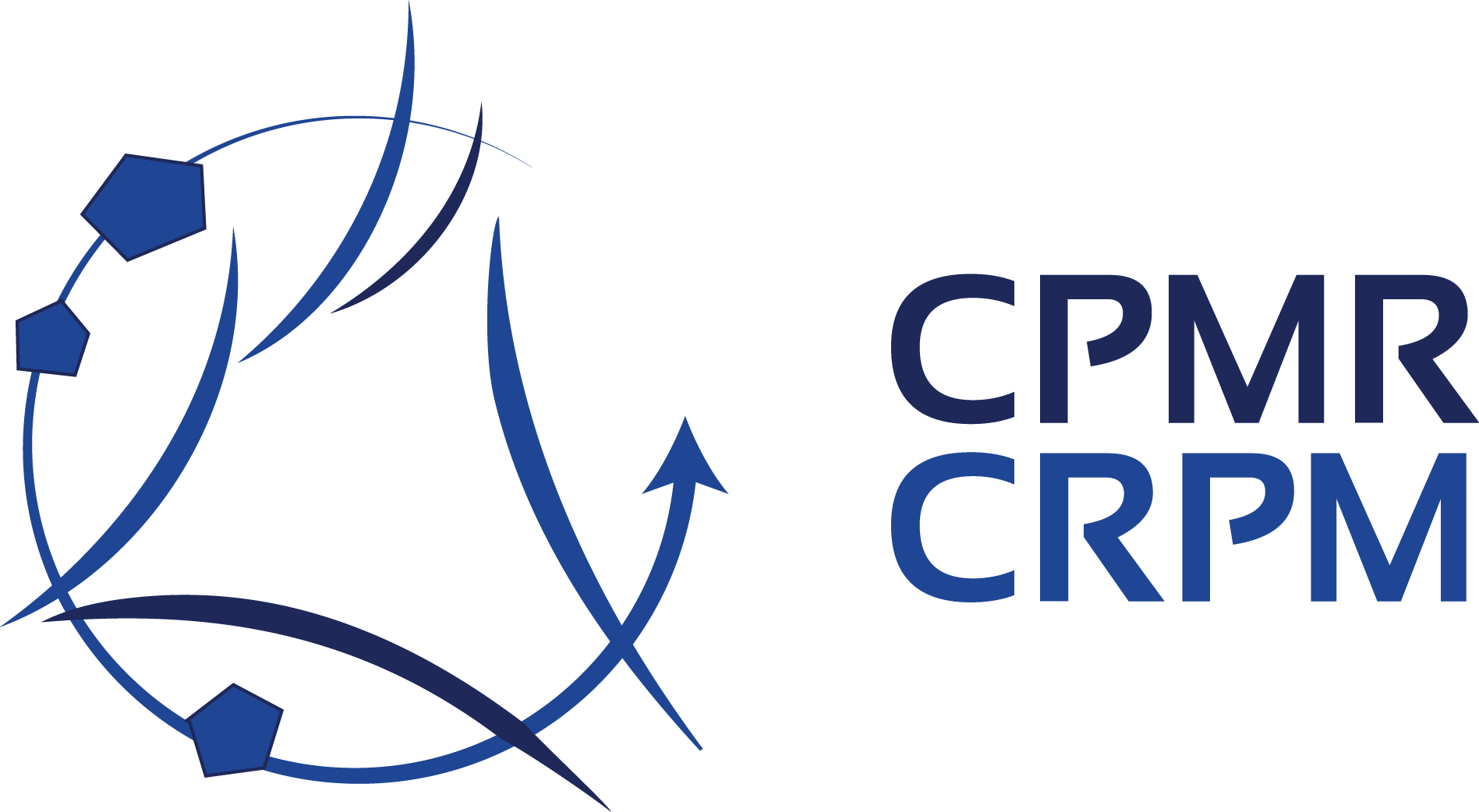How can underwater noise be effectively reduced?
 The Seas, Rivers, Islands and Coastal Areas Intergroup of the European Parliament organised a conference to answer the question how to reduce underwater noise. This meeting will take place on 26 June 2018 from 17.00 to 19.00 in room ASP5G1 of the European Parliament.
The Seas, Rivers, Islands and Coastal Areas Intergroup of the European Parliament organised a conference to answer the question how to reduce underwater noise. This meeting will take place on 26 June 2018 from 17.00 to 19.00 in room ASP5G1 of the European Parliament.
Anthropogenic underwater noise has marked negative impacts on marine species, including crustaceans, fish and mammals. Exposure has both temporary and long-term damaging impacts including marine mammal habitat displacement, hampering long-range navigation and communication in addition to other physiological stress responses. It has also been shown to affect human activities including reported lower catches.
Ocean noise pollution has greatly increased in recent decades, primarily stemming from commercial shipping, seismic exploration surveys, and construction pile driving. This pollutant is chiefly a by-product, serving no function, and when avoided noise pollution ceases immediately.
The Marine Strategy Framework Directive includes two indicators (D11C1 and D11C2) on introduced energy, including underwater noise, whereby Member States are to establish threshold values of noise levels that do not adversely affect the marine environment.
SEARICA, in conjunction with the International Fund for Animal Welfare (IFAW), hosted a roundtable event to address how underwater noise can be effectively reduced. Our speakers provided multi-sectoral insights further enabling the development of D11 implementation measures.
You can access their presentations here-below.
Event Properties
| Event Date | 26-06-2018 17:00 |
| Event End Date | 26-06-2018 19:00 |
| Location | European Parliament Brussels |
| Categories | Conférence 2015-2019 |
| Attachment | 180626 Agenda.pdf |
What is an Intergroup?
The Seas, Rivers, Islands and Coastal Areas Intergroup is one of the 28 Intergroups that were approved in December 2024 by the Conference of Presidents for the 10th legislature of the European Parliament. Intergroups can be formed by MEPs from any political group and any parliamentary committee with a view to holding informal exchanges of views on particular issues and promoting contact between MEPs and civil society.










